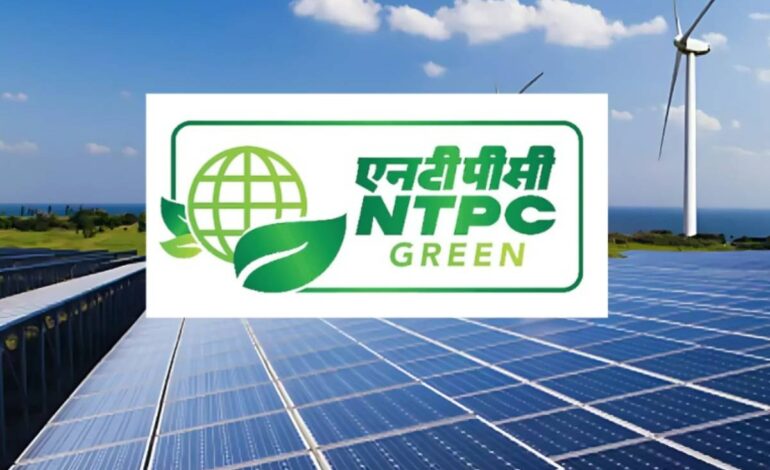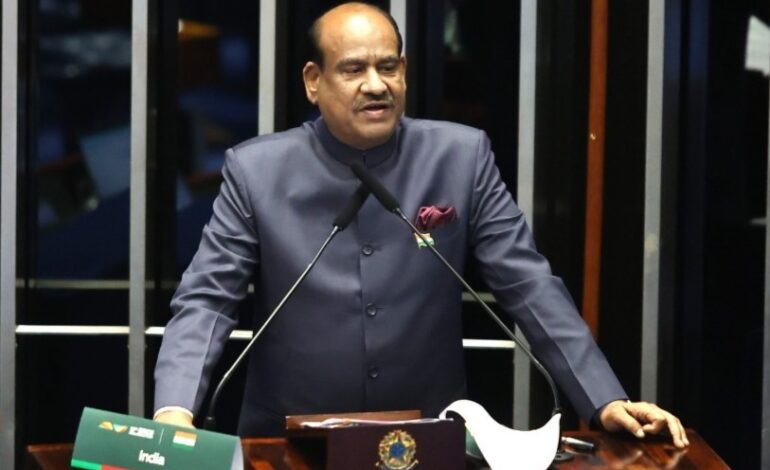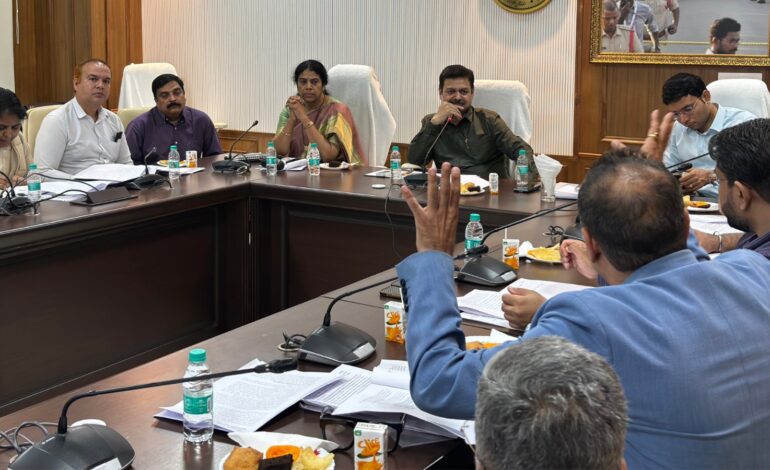Cabinet Approves ₹20000 Crore Investment Flexibility for NTPC to Boost Renewable Energy Capacity

NTPC's subsidiary NGEL, the flagship entity for renewable energy under the NTPC Group, is spearheading both organic and inorganic growth.
New Delhi, July 16: In a significant move to accelerate India’s transition to clean energy, the Cabinet Committee on Economic Affairs (CCEA), chaired by Prime Minister Narendra Modi, on Wednesday approved enhanced investment powers for NTPC Limited, allowing it to invest up to ₹20,000 crore in renewable energy ventures through its subsidiaries.
According to a press release issued by the CCEA, the enhanced delegation relaxes the existing investment cap of ₹7,500 crore previously applicable to Maharatna Central Public Sector Enterprises (CPSEs), enabling NTPC to channel funds into NTPC Green Energy Limited (NGEL) and, subsequently, into NTPC Renewable Energy Limited (NREL) and other joint ventures or subsidiaries. The investment aims to support NTPC’s target of adding 60 GW of renewable energy capacity by 2032.
“The enhanced delegation will facilitate accelerated development of renewable projects in the country and play a vital role in strengthening power infrastructure, ensuring round-the-clock electricity access,” the statement noted.
NTPC, India’s largest power utility, has been at the forefront of the country’s clean energy push. Its subsidiary NGEL, the flagship entity for renewable energy under the NTPC Group, is spearheading both organic and inorganic growth. NGEL, in turn, operates NREL as a wholly owned subsidiary and has established strategic partnerships with various state governments and other CPSEs.
Currently, NGEL’s portfolio includes around 32 GW of renewable energy capacity, comprising 6 GW operational projects, 17 GW awarded/contracted capacity, and a 9 GW development pipeline. The approved investment flexibility is expected to catalyze the expansion of this portfolio.
The government also highlighted the socio-economic benefits of the initiative, stating that renewable energy projects will create substantial direct and indirect employment opportunities—both during construction and operations and maintenance phases. The move is also expected to boost local manufacturing, empower MSMEs, and foster entrepreneurship.
India recently achieved a milestone by reaching 50% of its installed electricity capacity from non-fossil fuel sources, five years ahead of its Nationally Determined Contributions (NDCs) under the Paris Agreement. With a national goal of achieving 500 GW of non-fossil fuel energy capacity by 2030 and net-zero emissions by 2070, the Cabinet’s approval to NTPC is seen as a crucial step in that direction.








